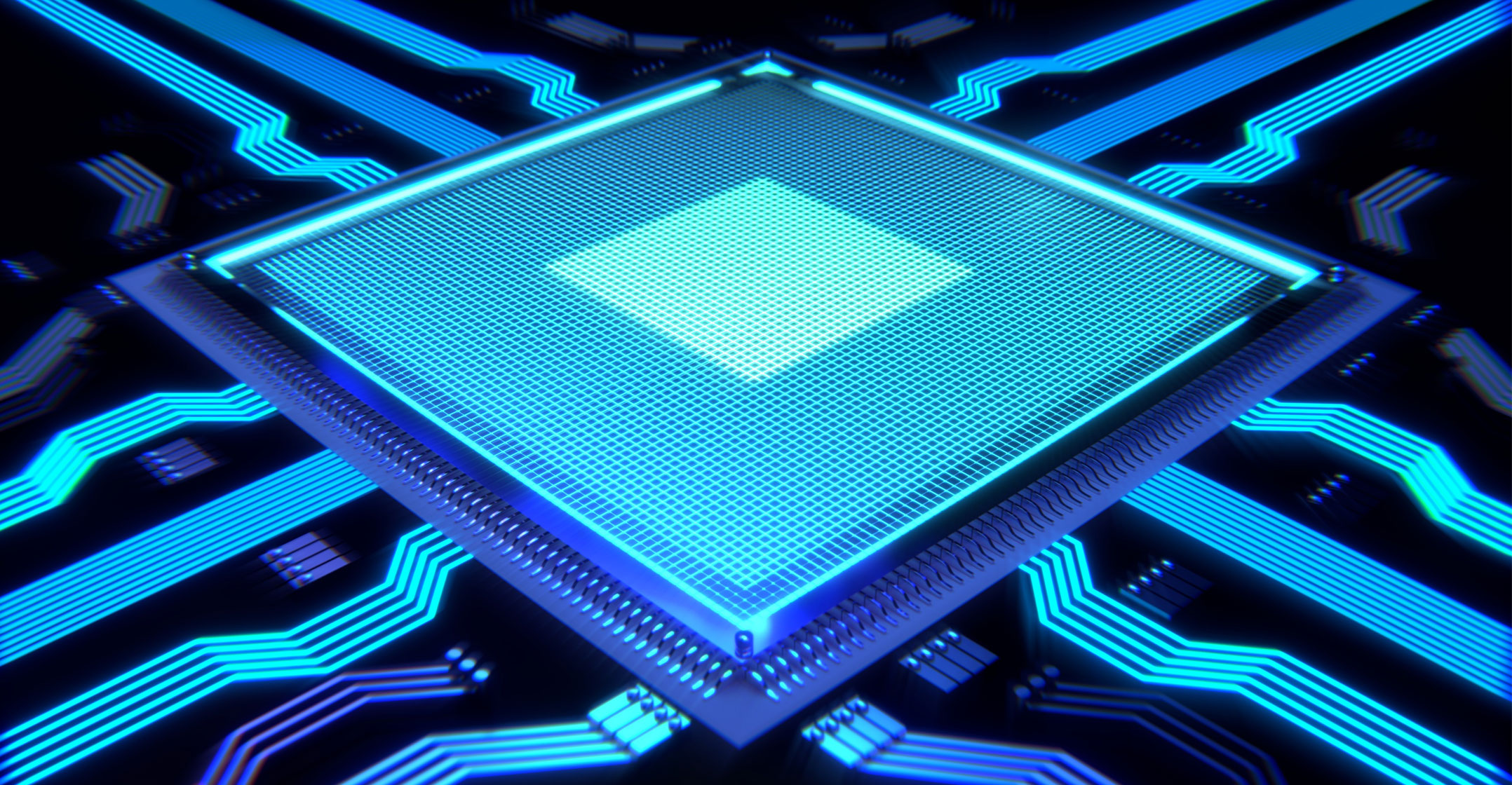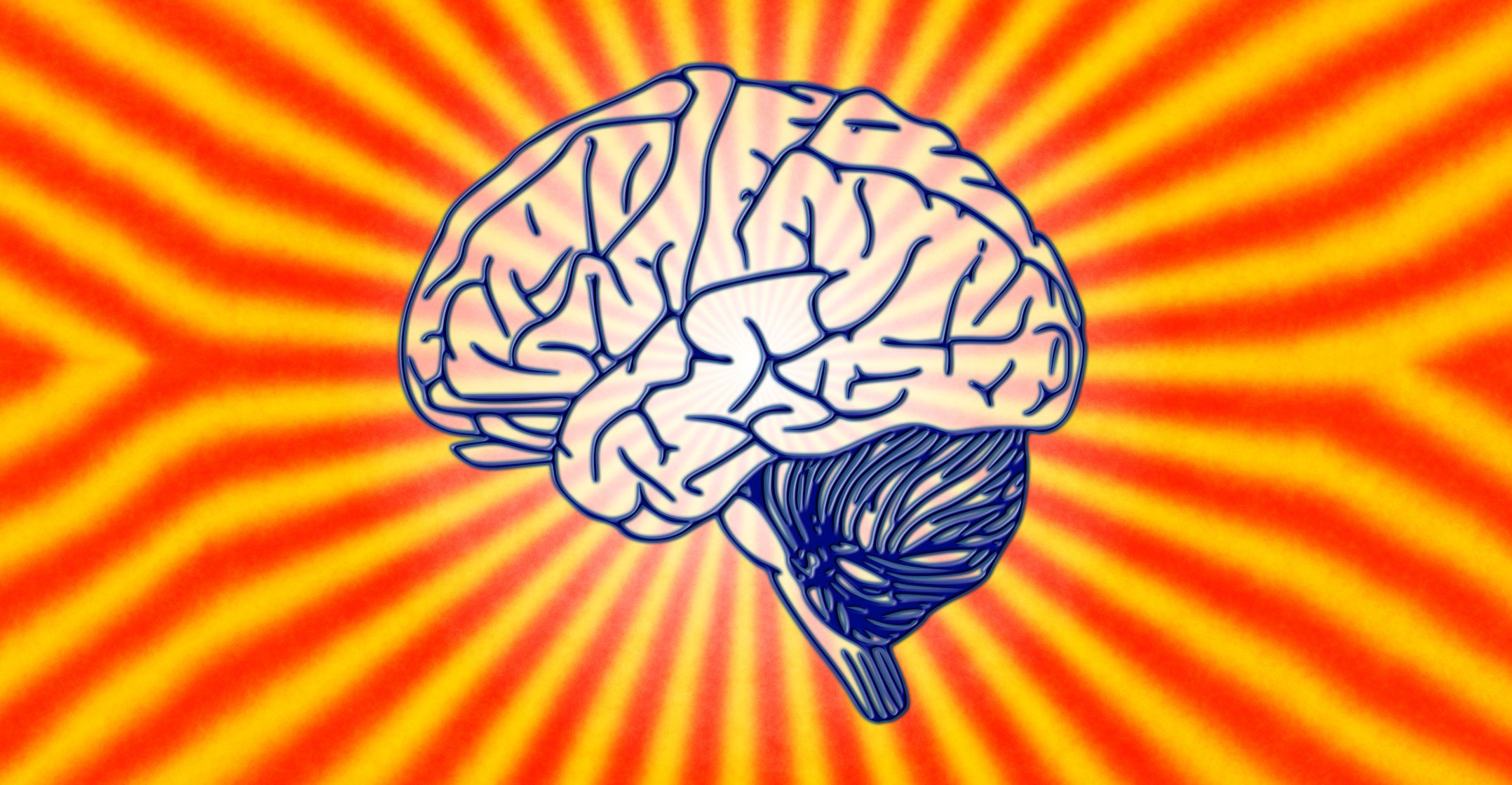
Apple is reportedly working on a chip called the Apple Neural Engine, which would be dedicated to carrying out artificial intelligence (AI) processing on its mobile devices.
The addition of this type of capability would catalyse the use of AI on mobile devices. Although it is already being used extensively to power digital assistants like Siri and Google Assistant, these technologies rely on computer servers to process data sent to them rather than the processing happening on the mobile device itself.
Augmented reality and digital assistants are not the only applications of AI that will become important on mobile devices. Once the capability is made available to all mobile application developers, it will bring new types of capabilities to mobile devices.
Health applications, for example, will be able to tell when body readings from sensors on the phone or associated wearable devices are abnormal and need acting on. But the uses are potentially limitless and will bring about a new phase in how we rely on applications and our mobile devices in everyday life. And they will work, even when the device is not connected to the Internet.
Strictly speaking, a specific processor is not an essential requirement for using AI on a mobile phone. Chip maker Qualcomm, for example, has provided a software-based approach, called the Snapdragon Neural Processing Engine, to allow developers using their chips to incorporate AI into their software. An example of this is a car that monitors the driver using a camera and warns when they are using their smartphone or driving erratically.
The phone would be part of a self-directed ecosystem of intelligent and autonomous machines, including cars
Specific AI hardware, however, greatly speeds up the process called “machine learning” and allows for more sophisticated types of AI to be used. Google’s AI hardware, called the Tensor Processing Unit, is 15 to 30 times faster than the fastest computer processors (CPUs) and graphic processors (GPUs) that power computers today. These TPUs were what gave Google’s DeepMind its ability to beat the world champions of the Chinese game of Go. These TPUs also have vastly improved Google’s automated language translation software, Google Translate.
The inclusion of AI in mobile software is going to increase the potential usefulness of that software massively and through that, how much we come to depend on the mobile phone. Our state of health, for example, is really about how we are doing relative to how we normally feel. Changes in behaviour can signal changes in mental health, including conditions like dementia and Parkinson’s. They can also be precursors of illnesses such as diabetes as well as respiratory and cardiovascular diseases. Our phones could monitor patterns of activity and even how we walk. This ability would be based on the software learning our normal patterns and once having detected a change, decide what to do about it.
AI will essentially be able to fill in and apply the understanding and knowledge that not everyone possesses
The phone would be part of a self-directed ecosystem of intelligent and autonomous machines, including cars. Not only is the driving of autonomous cars completely dependent on AI to function, it is likely that people will eventually share the use of these cars when needed, rather than owning one themselves. AI will again be essential for managing how this sharing functions to manage the most efficient distribution of cars, directing which cars need to pick up which clients. To do this, the scheduling AI service will need to liaise with AI software on everyone’s phones to determine where and when they will be at a given location and where they need to get to.

AI on a mobile device will also increasingly be used to keep the device protected, checking if applications and communications are secure or likely to be a threat. This technology is already being implemented in smart home appliances, but as software. The addition of special AI chips will allow them to be much faster and to do more. Researchers are also looking at analysing the way we move as a means of uniquely identifying the wearer of a device.
AI will essentially be able to fill in and apply the understanding and knowledge that not everyone possesses. Even if they do, remembering to do something, even when it is in your own best interest, is sometimes hard.
There is a counterargument to the benefits of increasing the intelligence of mobile devices, however. This is the fear that as we come to rely on devices to do things, we will lose the ability to maintain that skill and that this will eventually impact on a person’s overall cognitive ability, or at least on their ability to operate without the AI.![]()
The successful outcome of having an AI assisting depends on the user following its advice, and this is something that people may not be that good at doing.
- David Glance is director of the UWA Centre for Software Practice, University of Western Australia
- This article was originally published on The Conversation

